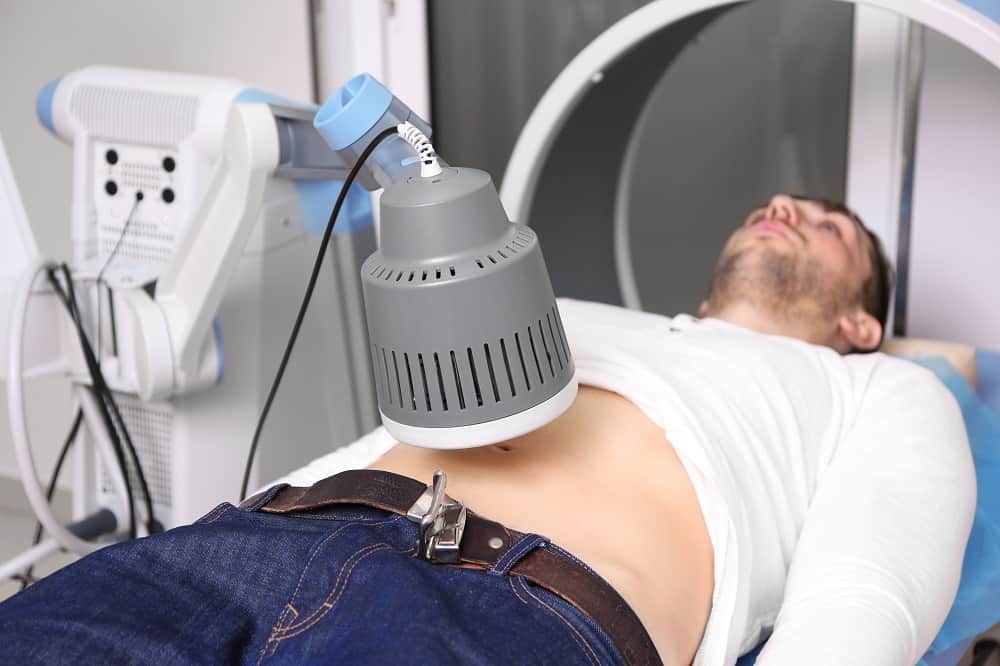A healthy adult bladder, studies suggest, can hold up to two cups or 16 ounces of urine before feeling the need to unload. The tiny receptors in the bladder wall deliver a signal to the brain when the bladder hits that amount, which then lets the body know much fluid is in there.
Family clinics in Salem note that while the standard and right response is to empty a full bladder, most of us also try to hold it in. Being busy with something is one of the common reasons, as well as being lazy to go to the bathroom because it is a long way from where we are sitting.
Holding pee with a healthy urinary system will not necessarily cause serious problems. Do take note, however, you may begin to feel a little bit uncomfortable if your bladder is holding more than two cups of urine and you still decide to hold it in a little bit longer.
Side effects
There are no specific rules for how long it is safe to hold your pee. It varies from person to person, as some may be more vulnerable to side effects than others. Here are some of the possible consequences of holding in your urine:
- Pain or discomfort. Urinating may cause some discomfort when you have been holding your pee so long and finally let go. There are also cases where the pain may last for days.
- Possibility of peeing your pants. Your tricks for holding it in (like crossing your legs tight) have their limitations. Resisting the urge for too long only increases the possibility that you won’t be able to make it to the restroom on time, leading to an embarrassing accident.
- Bladder stretching. Regularly fighting the urge to pee can cause the bladder to stretch to its limit over time. This can lead to other side effects like the body missing the cues that you need to empty your bladder.
- Weakened pelvic floor. It is also likely for the pelvic floor muscles to lose its strength when you regularly force your bladder hold in large amounts of urine for too long. Doing some pelvic exercises may help repair muscle loss or strengthen the muscles.
Can it cause UTIs?
Holding in pee doesn’t necessarily cause urinary tract infection (UTI). UTI develops when bacteria find their ways to the urinary tract. You should know, however, that there are cases, where fighting the urge to urinate for too long may cause the bacteria to multiply.
Your risk for developing UTI also increases if you don’t drink enough fluid because the body won’t receive any signal that it needs to pee. The bacteria that are already in the urinary tract can multiply and result in an infection.

When you need to hold your pee
There are times when it is necessary to hold in your urine like difficulties in finding or accessing a restroom or retraining your bladder. If you’re unable to find a bathroom or have been advised by a doctor to engage in some form of bladder retraining, doing some things that can take your mind if the urge helps. Some of these activities include:
- Play some brain games or do crossword puzzles
- Stay warm (being cold can only increase your urge to urinate)
- Stay still (avoid any movement to lessen the feeling of a full bladder)
- Practice meditation
The Takeaway
While the bladder can stretch to hold in more than the normal capacity of 2 cups of urine, doing this often can be dangerous. You should also know that resisting the urge to urinate when you need to is never recommended. Moreover, there are some undesired effects when holding your pee (especially too long) becomes a habit.




